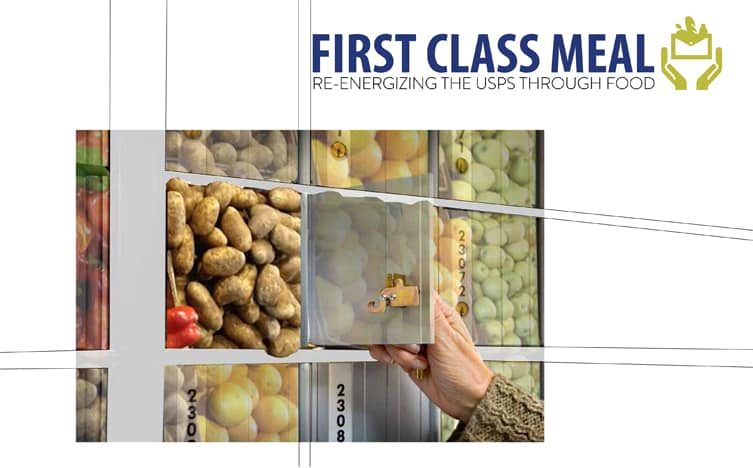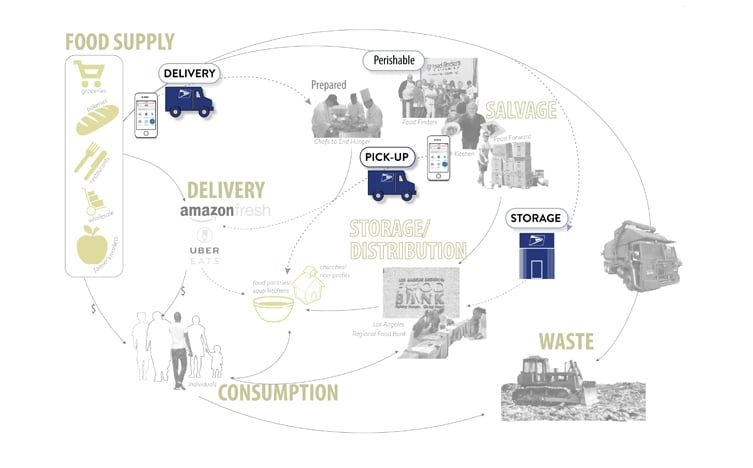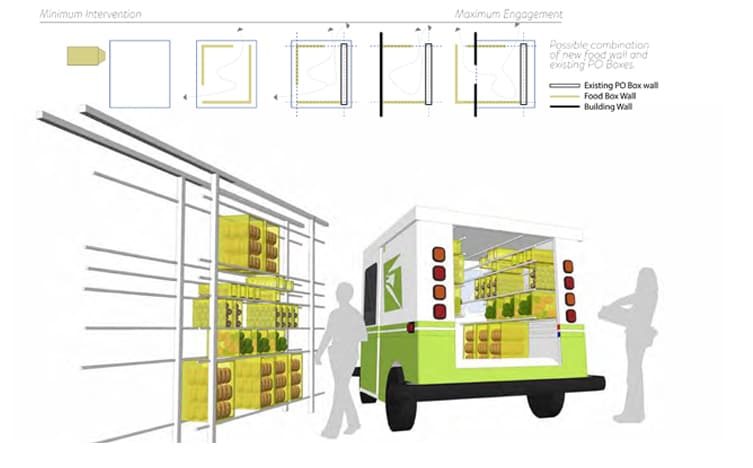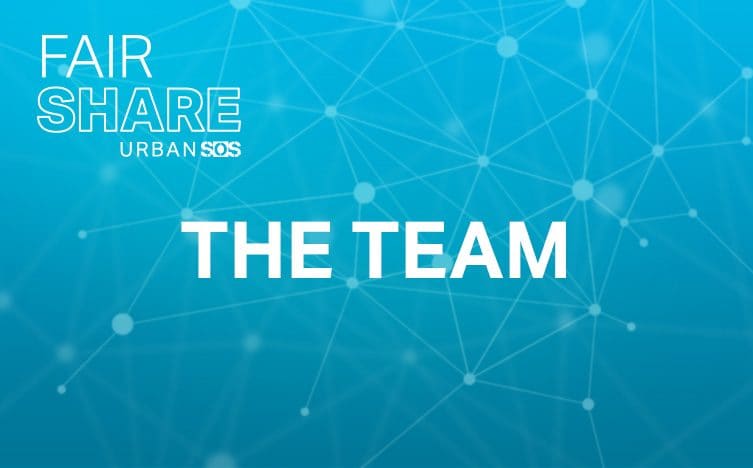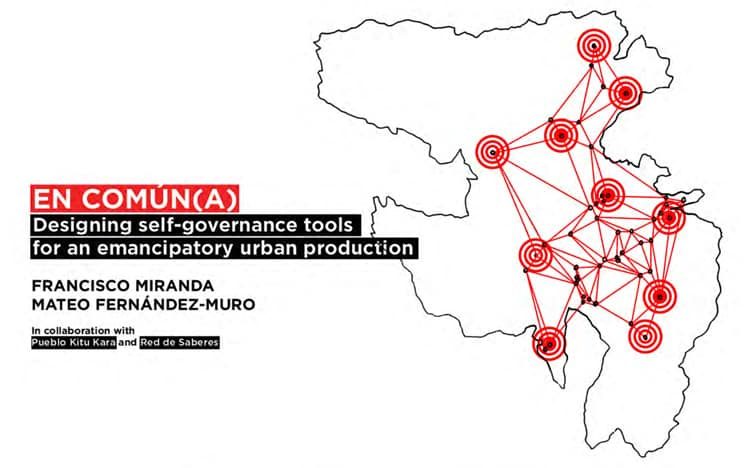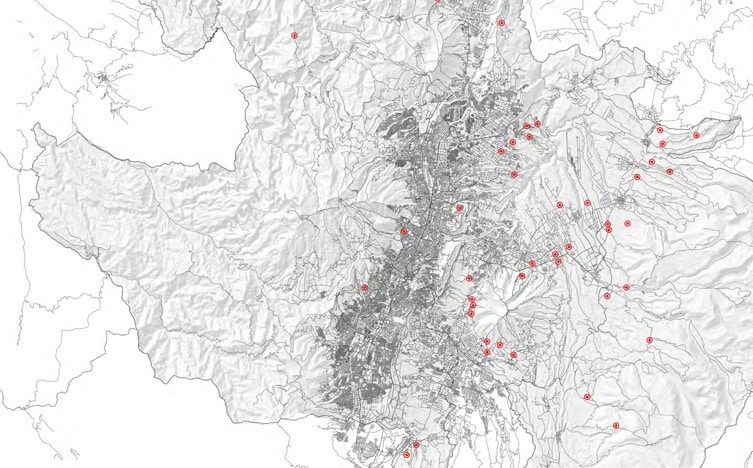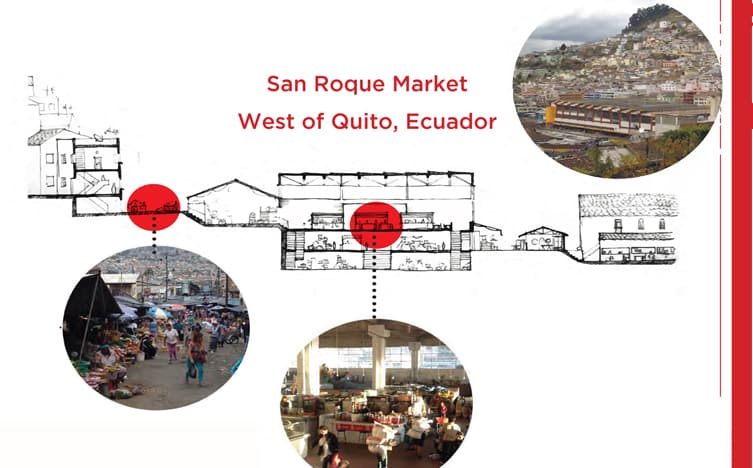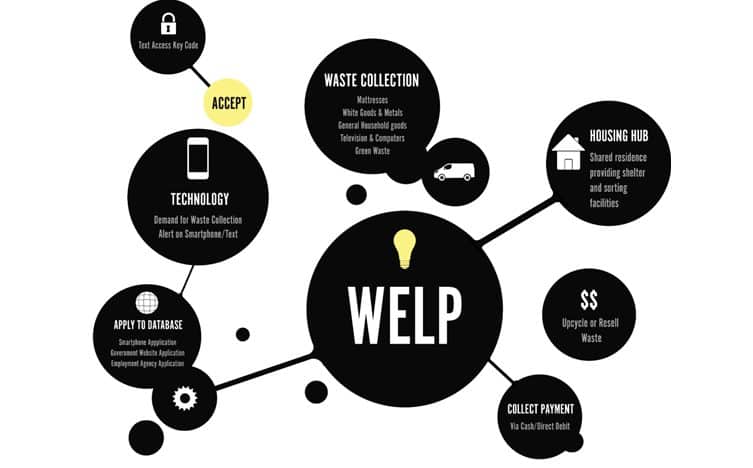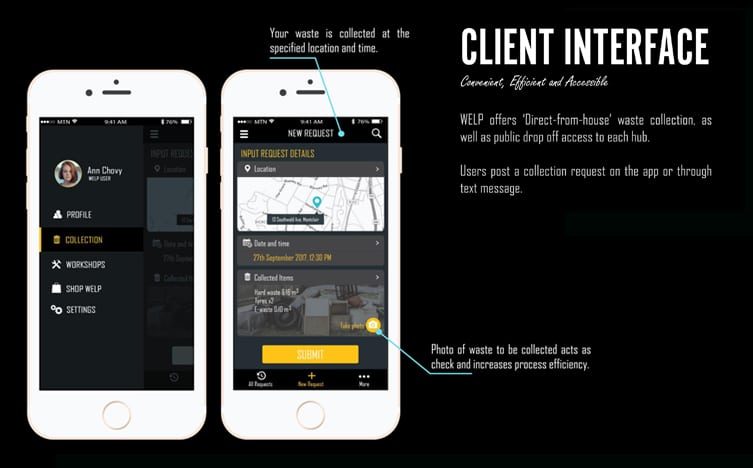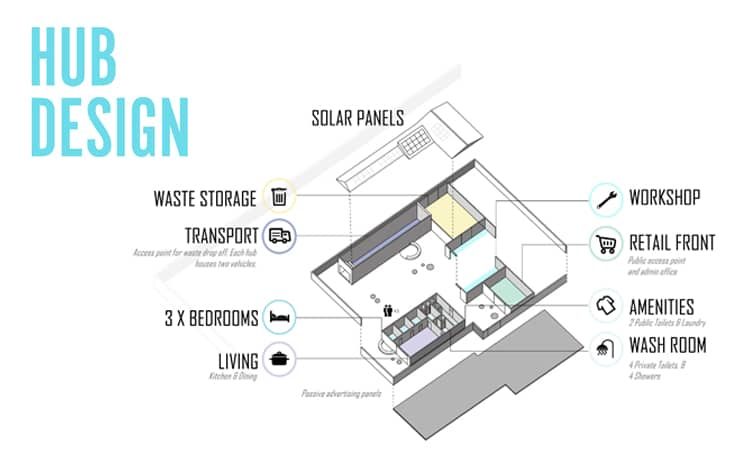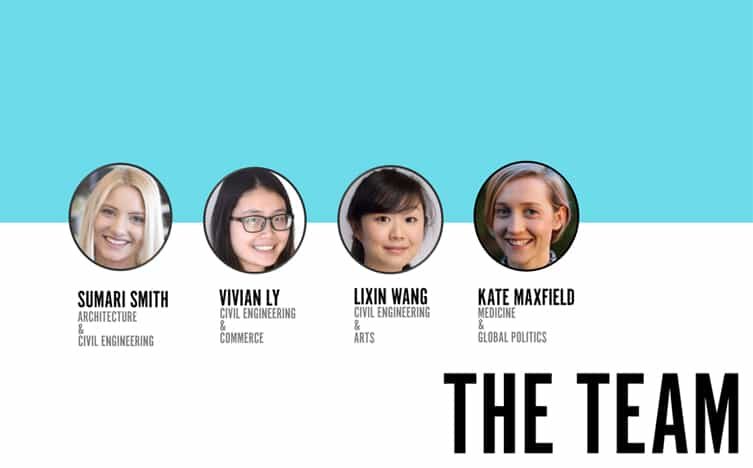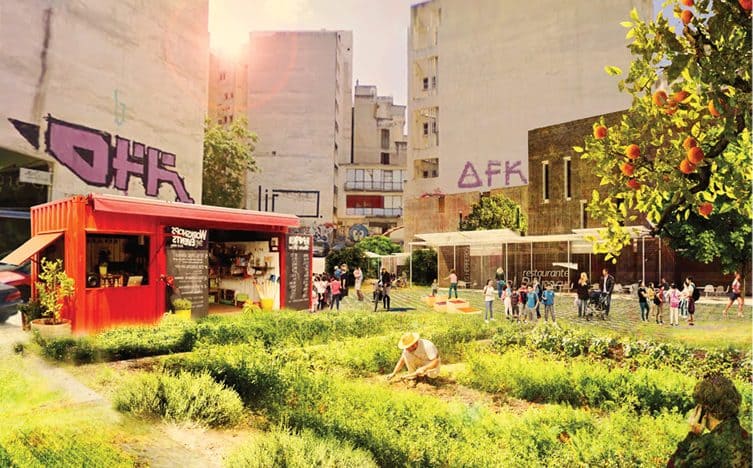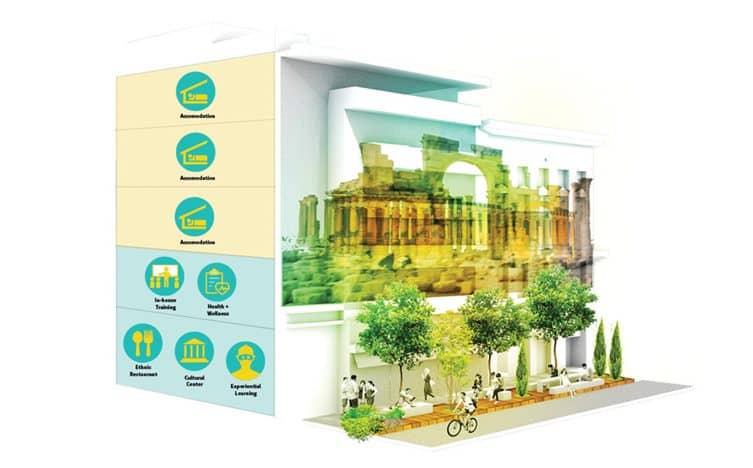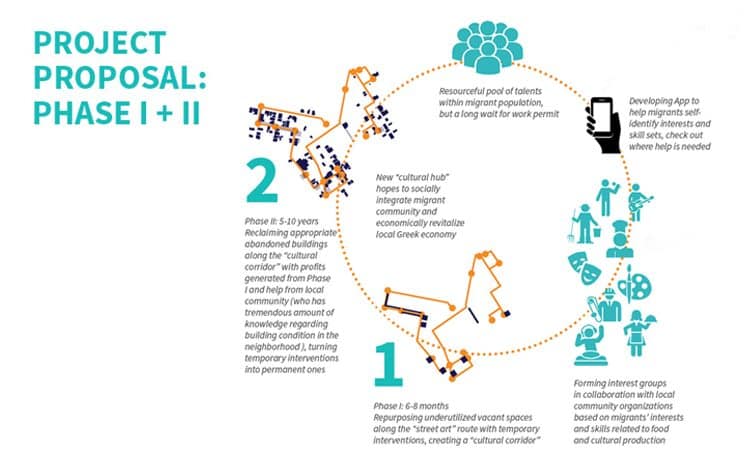
Our Urban SOS Winner and Finalists

Challenging students to combine the technologies of the sharing economy with physical design, Urban SOS: Fair Share engaged multidisciplinary teams from more than 30 countries worldwide to propose innovative solutions to critical urban issues.
We’re pleased to introduce our winning team for 2016, “First Class Meal,” along with the three other finalists honored by our jury of leading professionals at the live final jury event in Los Angeles. Read on to get a flavor of the finalists’ proposals that examine food, political empowerment, waste management and immigration.
Learn more about the winning team and the three other finalists at our Connected Cities blog.
